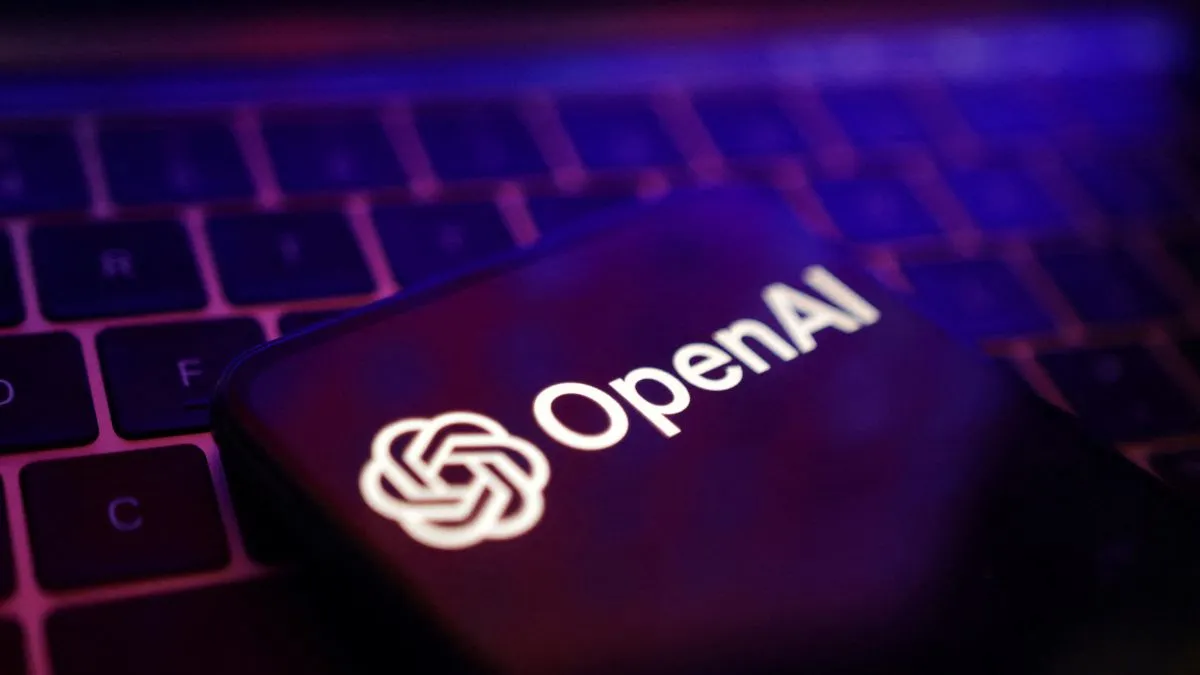- By Alex David
- Sun, 26 Oct 2025 10:59 PM (IST)
- Source:JND
OpenAI is reportedly building a generative music tool capable of producing original tracks from text or audio prompts, aiming to empower content creators and independent musicians. According to The Information, the tool could allow users to add AI-generated soundtracks or instrumental accompaniments to videos, though OpenAI hasn’t clarified whether it will be a standalone product or integrated into existing platforms like ChatGPT or the video generator Sora.
Key Features and Collaboration
OpenAI Collaborative's toolset includes multi-vocal track generation and AI-assisted mixing, which enable creators to control style, tone and energy with greater ease. Working alongside Juilliard students, OpenAI Collaborative pianists annotate scores in order to help the AI correctly reproduce musical patterns, emotional nuance and structure.
This project builds on OpenAI’s prior music tools, MuseNet and Jukebox. While Jukebox (released in 2020) allowed genre-specific AI music generation, it is no longer actively maintained. The new tool promises enhanced user control and higher fidelity output, aiming to compete with other generative music platforms like Google’s music AI projects and startups such as Suno.
Ethical and Copyright Considerations
OpenAI’s exploration of generative music raises questions about copyright, artist compensation and creative ownership. Top musicians such as Paul McCartney have cautioned AI-music could devalue human creators if legal protections are not strong enough.
AI-generated content is also misused for scams to monetise more illegally. Takes like virtual bands and AI-generated tracks have racked up millions of streams on Spotify or YouTube, occasionally tricking listeners into believing the performers are flesh-and-blood. A parody track generated by AI in Udio even made it to number three on Spotify’s viral charts earlier this year.
The release of OpenAI’s latest pop song is a sign both of the creative promise and underlying uncertainty presented by AI-generated music — and the demand for firm rules around who owns it, can sell it and gets credit.

